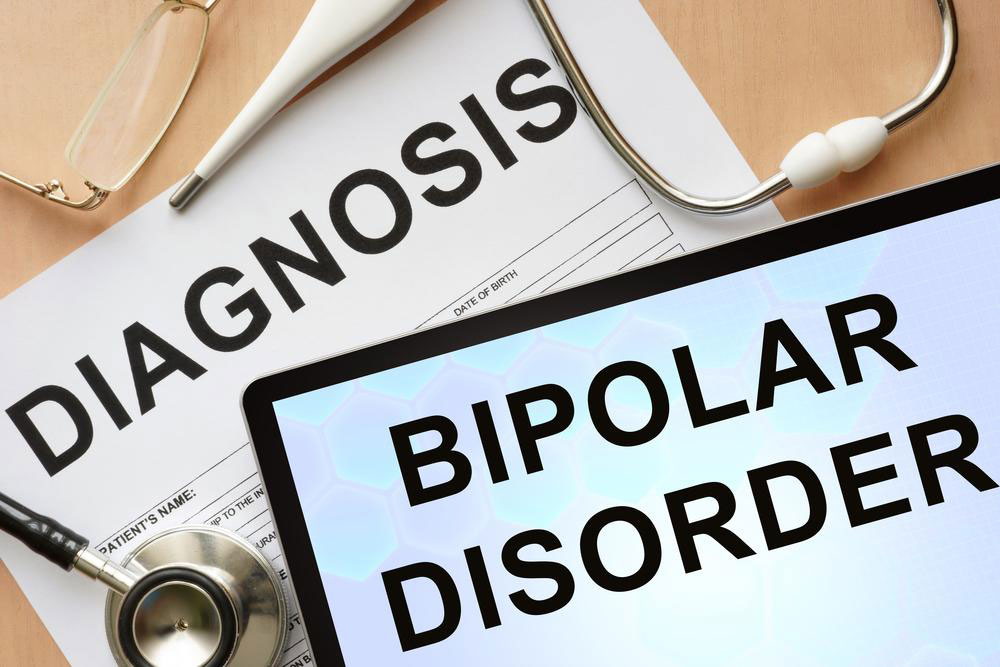Comprehensive Guide to the Most Effective Treatments for Schizophrenia
This comprehensive article explores the most effective treatments for schizophrenia, including psychotherapy, social support, CBT, CET, and ECT. It emphasizes the importance of personalized, multidisciplinary approaches for better management and improved quality of life. Learn how these therapies work, their benefits, and the latest advances in schizophrenia care for better mental health outcomes.

Comprehensive Guide to the Most Effective Treatments for Schizophrenia
Schizophrenia is a complex, chronic mental health disorder that profoundly impacts an individual's thinking, emotions, and perception of reality. Characterized by a range of symptoms, including hallucinations, delusions, disorganized thinking, and social withdrawal, this condition can significantly diminish quality of life if not properly managed. Understanding the available treatment options is crucial for patients, families, and healthcare providers aiming to improve outcomes and enhance daily functioning. This detailed article explores the most effective treatments for schizophrenia, highlighting innovative therapies and supportive strategies that have transformed the approach to managing this challenging condition.
Schizophrenia symptoms are typically classified into positive symptoms (hallucinations, delusions), negative symptoms (apathy, social withdrawal), and cognitive deficits (memory issues, difficulty concentrating). The multifaceted nature of the disorder necessitates comprehensive treatment plans combining pharmaceuticals, psychotherapy, social support, and lifestyle interventions to achieve the best possible prognosis.
In this guide, we delve into five key therapies that have demonstrated significant efficacy in treating schizophrenia, explaining how they work, their benefits, and considerations for patients and caregivers.
Psychotherapy: Unlocking Insight and Management
One of the foundational treatments for schizophrenia is psychotherapy. This approach aims to help patients understand their condition, cope with symptoms, and improve functioning. Cognitive-behavioral therapy (CBT), in particular, has become a mainstay, focusing on identifying and challenging distorted thoughts and beliefs associated with hallucinations and delusions. Through structured sessions, patients develop strategies to reduce distress and manage symptoms more effectively, often leading to improved quality of life.
Psychosocial Support: Strengthening Social Foundations
Schizophrenia often results in social isolation, communication difficulties, and behavioral issues such as agitation or impulsivity. To combat these challenges, psychosocial interventions are integral components of comprehensive care. These include social skills training, vocational rehabilitation, psychoeducation, and community-based programs designed to foster independence and social integration. Participation in support groups and community outreach programs can significantly reduce feelings of loneliness and enhance social communication, contributing to stable recovery.
Cognitive Behavioral Therapy (CBT): Preventing Relapse and Managing Symptoms
CBT is a structured, goal-oriented therapy that involves patients actively working to change negative thought patterns and maladaptive behaviors. Its primary goal is to reduce the severity and frequency of psychotic episodes, especially hallucinations and paranoid delusions. When combined with antipsychotic medication, CBT has shown to be highly effective in preventing relapse, improving adherence to treatment, and helping patients develop coping skills to manage stress and symptoms more independently.
Cognitive Enhancement Therapy (CET): Improving Brain Function and Social Cognition
Cognitive deficits in schizophrenia often hinder social functioning and daily independence. CET focuses on enhancing neurocognitive skills such as attention, memory, and executive functioning. The therapy employs computer-based training and group exercises to improve understanding of social cues, decision-making, and problem-solving abilities. As a result, patients gain better control over social interactions and gain skills necessary for employment and social engagement, thereby supporting long-term recovery.
Electroconvulsive Therapy (ECT): An Option for Severe Cases
ECT is a specialized treatment primarily reserved for severe cases of schizophrenia complicated by mood disorders or catatonia. It involves passing controlled electrical currents through the brain to induce a seizure, which can lead to rapid symptom relief in certain cases. ECT can be particularly useful when medications are ineffective or not tolerated, offering hope for individuals experiencing severe depression, suicidal ideation, or treatment-resistant symptoms. The treatment course varies depending on individual response but is generally administered over several sessions under strict medical supervision.
In summary, managing schizophrenia involves a multi-pronged approach that combines medication, psychotherapy, social interventions, and sometimes innovative therapies like ECT. Advances in mental health treatment have significantly improved the outlook for individuals living with this disorder, emphasizing the importance of personalized care plans tailored to each patient's unique needs. Early diagnosis, continuous treatment, and a strong support network are key factors in achieving optimal outcomes and maintaining a good quality of life.
As research continues to evolve, new therapies and technological innovations promise further improvements in managing schizophrenia, offering hope for a more integrated and effective approach in the future.





